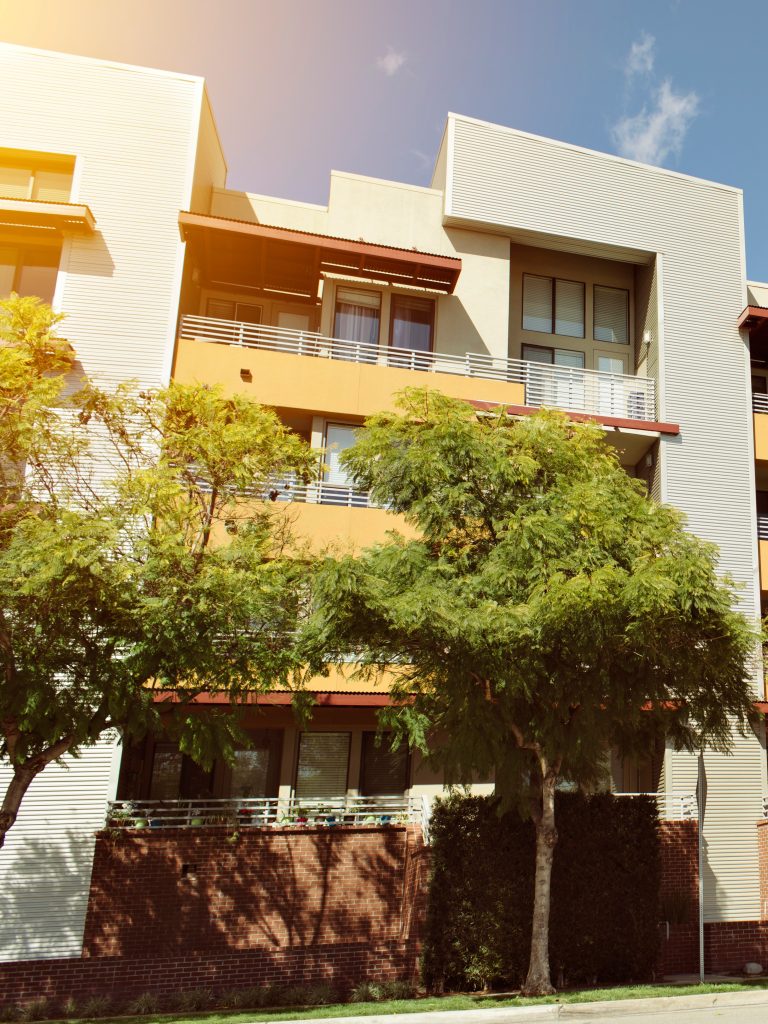Alena Shamos has been a litigator since 2001 and has focused on public law since 2005. Alena served as Deputy City Attorney for the cities of San Marcos and Lemon Grove, and has represented various cities throughout San Diego County, including Vista, Chula Vista, Carlsbad, Escondido, National City, and Oceanside, as well as cities throughout the State of California, including Novato, Lathrop, Calabasas, and Rancho Mirage.Alena’s litigation experience includes election issues, validation/reverse validation, California Environmental Quality Act (CEQA), land use, cannabis enforcement and permitting, short-term rental legislation defense, quo warranto actions, and real property disputes. Her published appellate decisions include Moore v. City of Lemon Grove (2015) 237 Cal. App. 4th 363 (upholding sewer rates under Proposition 218). She obtained a favorable result for many agencies in The Affordable Housing Coalition of San Diego v. Drager, et al., August 25, 2020 No. C083811 (Post Redevelopment Enforceable Obligations) and the subsequent decision in the same matter (DCA Case No. C097016) in 2024.From 2018 through 2022, Alena served on the City of Chula Vista’s Campaign Contribution Enforcement Authority. She has also provided election law advice to various cities including Imperial Beach and National City.Alena has argued before various divisions of the California Court of Appeal, as well as the California Supreme Court. She is admitted to practice before the United States Supreme Court, the 9th Circuit, as well as the District Courts for the Southern, Eastern, and Central Districts of California. She has also appeared before the Southern District of California Bankruptcy Court to enforce a public entity’s ability to enforce its ordinances.Alena has also published articles pertaining to California Civil Procedure and in 2020, 2021, and 2023, she co-authored materials and presented before the San Diego Appellate Inn of Court on various topics, including stays, writs of supersedeas, and appellate writ procedures in various types of matters.Alena is fluent in Russian and speaks Spanish.APPELLATE EXPERIENCECalifornia Supreme CourtBoling, et. al. v. Public Employment Relations Board (2018) 5 Cal.5th 898 (initiative rights in the context of municipal labor relations)
Cal Fire Local 2881 v. California Public Employees’ Retirement System (2019) 6 Cal.5th 965 (pension contracts, counsel for amicus)
The Affordable Housing Coalition of San Diego v. Drager, et al., Case No. S264333 (post-redevelopment enforceable obligations (review denied, Oct. 28, 2020))
City of San Marcos v. California Public Utilities Commission (San Diego Gas & Electric Company), Case No. S266969 (original writ asserting CEQA challenge to Commission decision) (unpublished, July 28, 2021)Court of Appeal for Third Appellate DistrictThe Affordable Housing Coalition of San Diego v. Drager, et al., DCA Case No. C083811 (post-redevelopment enforceable obligations (unpublished, Aug. 25, 2020)
The Affordable Housing Coalition of San Diego v. Drager, et al., DCA Case No. C097016 (post-redevelopment enforceable obligations and denial of Petitioner’s fee award and untimely challenge to writ returns (unpublished, Mar. 22, 2024.)Court of Appeal for Fourth Appellate District, Division One (San Diego)Moore v. City of Lemon Grove (2015) 237 Cal.App.4th 363 (upheld city sanitary district sewer rates under Proposition 218)
City of El Centro v. Lanier (2016) 245 Cal.App.4th 1494 (charter city home rule)
Endangered Habitats League, Inc. v. City of San Marcos et al., DCA Case No. D072404 (mandatory trial date request in CEQA case (unpublished, May 3, 2018)
Boling, et. al. v. Public Employment Relations Board (2017) 10 Cal.App.5th 853, and on remand, Boling, et. al. v. Public Employment Relations Board (2019) 33 Cal.App.5th 376 (initiative rights in labor relations context)
UL Chula Two LLC v. City of Chula Vista et al., DCA Case No. D079215 (upheld city’s discretion to deny a cannabis business application and due process of administrative appeal) (unpublished, Oct. 24, 2022)
Frank Zimmerman Collective v. City of Vista, DCA Case No. D082921, pending, filed Oct. 6, 2023 (appeal by cannabis applicant of trial court judgment denying petition for writ of mandate)Court of Appeal for Fourth Appellate District, Division Three (Santa Ana)City of El Cajon v. San Diego County LAFCO, DCA Case No. G041793 (upheld challenge to denial of island annexation (unpublished, Aug. 11, 2010)
City of El Cajon v. San Diego County LAFCO, DCA Case No. G045021 (upheld denial of attorneys’ fees to city in island annexation dispute (unpublished, Mar. 28, 2012)Court of Appeal for the Sixth Appellate DistrictPeople, ex rel. v. City of San Jose et al.; Constant, et al., DCA Case No. CV245503 (quo warranto action regarding initiative (unpublished, May 9, 2018)
- Litigation
- Public Law
- Real Estate and Business Law
- State Bar of California
- Supreme Court of the United States
- Supreme Court of California
- United States District Court for the Central District of California
- United States District Court for the Eastern District of California
- United States District Court for the Southern District of California
- San Diego Appellate Inn of Court
- California Lawyers Association, Public Law Section
- Lawyers Club of San Diego
- San Diego County Bar Association, Litigation, Environmental, Government and Appellate Law Sections



